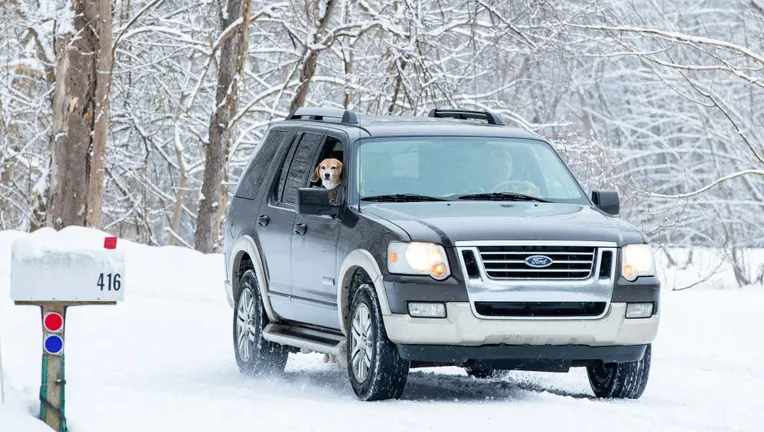The Secrets Behind Presidential Limos Over The Years
The U.S. President's limousine is a symbol of power and safety, outfitted with innovative features for protection and prestige. From Taft in 1909 to Trump in 2017, each president's limo reflects their personal style, making them unique and fascinating to both history buffs and car enthusiasts.
William Howard Taft's First Fleet
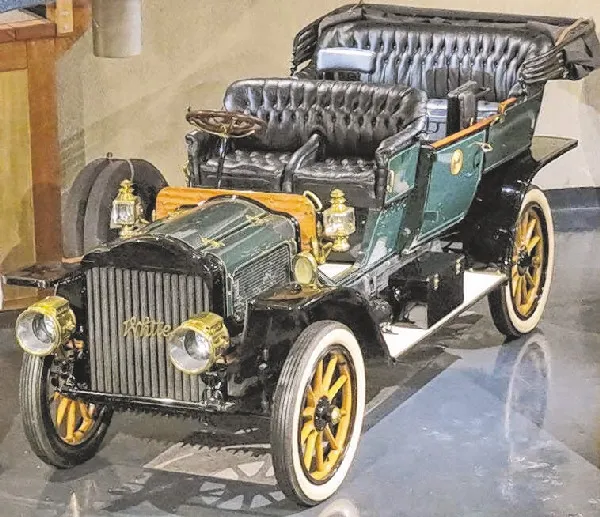
The automobile faced resistance in the White House until 1901 when President McKinley briefly rode in a Stanley steam car. In 1907, President Taft modernized the White House, purchasing four cars for $12,000—over $300,000 today—and converting the stables into a garage.
Franklin Roosevelt's Sunshine Special
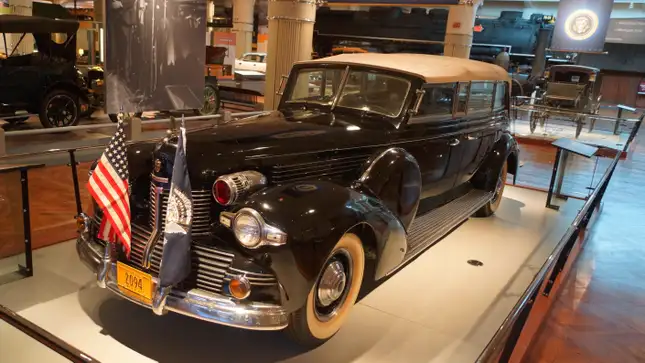
In 1939, FDR acquired the famous "Sunshine Special," a Lincoln K-Series limo with a V-12 engine and convertible top. During WWII, it was armored, while FDR used a Cadillac once owned by Al Capone as his temporary armored car.
Harry Truman's Cosmopolitan Fleet
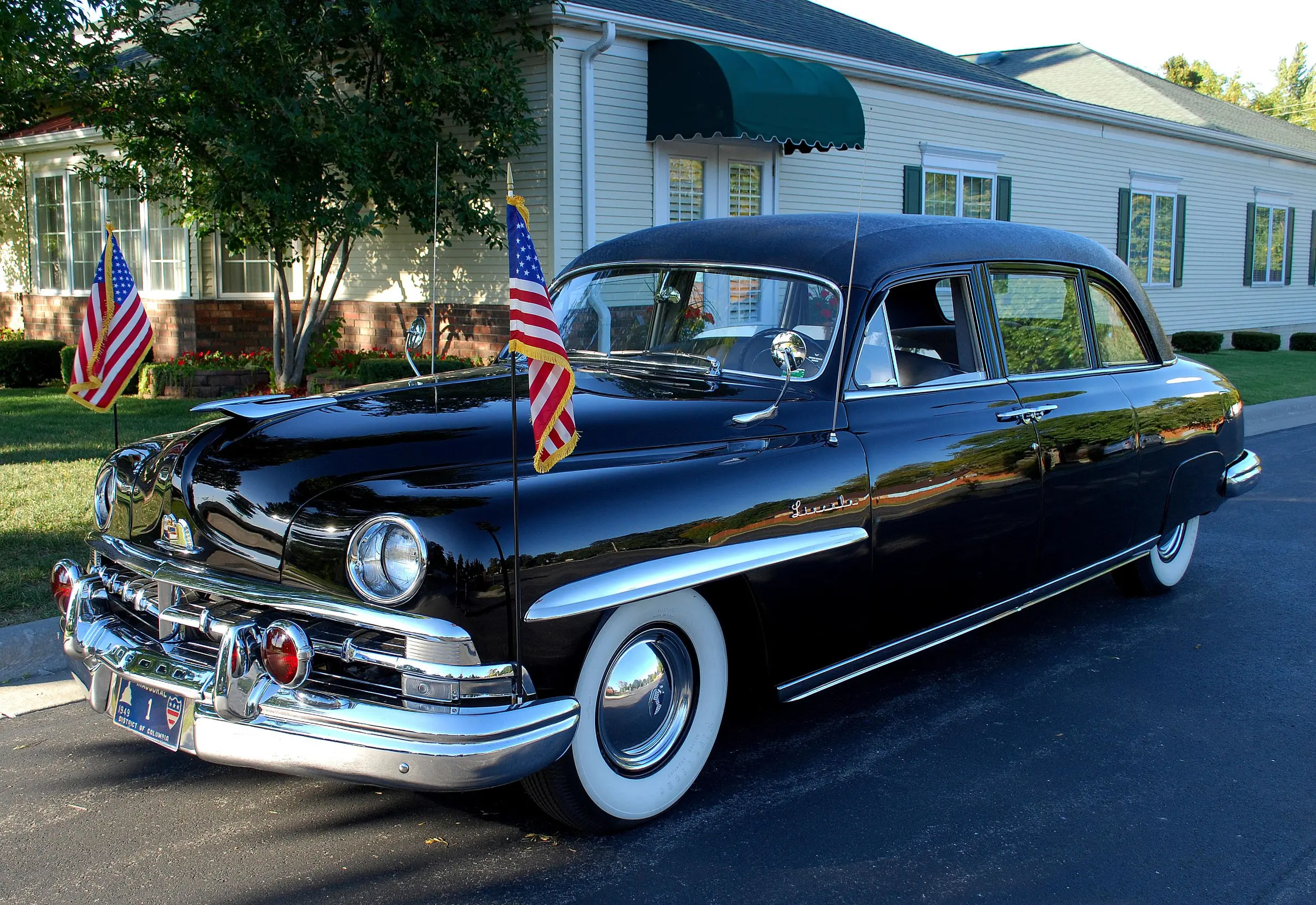
In 1948, after GM denied his request for cars, President Truman vowed never to do business with them. In 1950, he replaced the Sunshine Special with ten Lincoln Cosmopolitans, selecting a 20-foot, three-ton convertible as his vehicle, which remained in use at the White House for years.
Dwight Eisenhower's Confident Cars
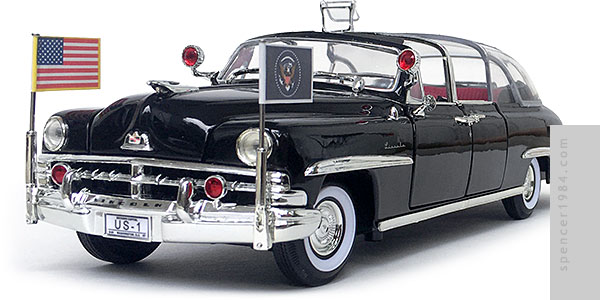
In the mid-1950s, President Eisenhower sought to project optimism and openness, using his choice of limos to reflect this. He had Truman's Lincoln Cosmopolitan fitted with a Plexiglas "bubble top" for visibility and favored the Chrysler Imperial Parade Phaeton with its open top and futuristic design.
John F. Kennedy's Tragic X-100
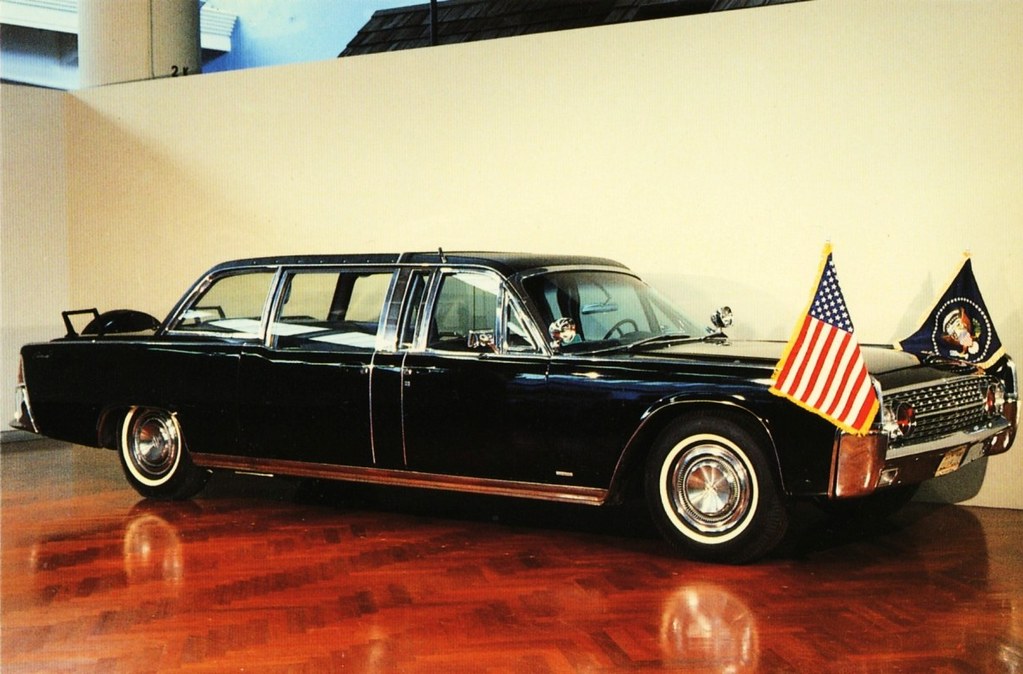
In 1961, JFK ordered a custom Lincoln Continental as his presidential limo, dubbed "X-100." It featured three interchangeable canopies and an adjustable rear seat for visibility, which unfortunately led to his assassination in 1963. Afterward, the car was armored and used by Presidents Johnson, Nixon, Ford, and Carter before being retired in 1977.
Richard Nixon's Luxurious Lincoln
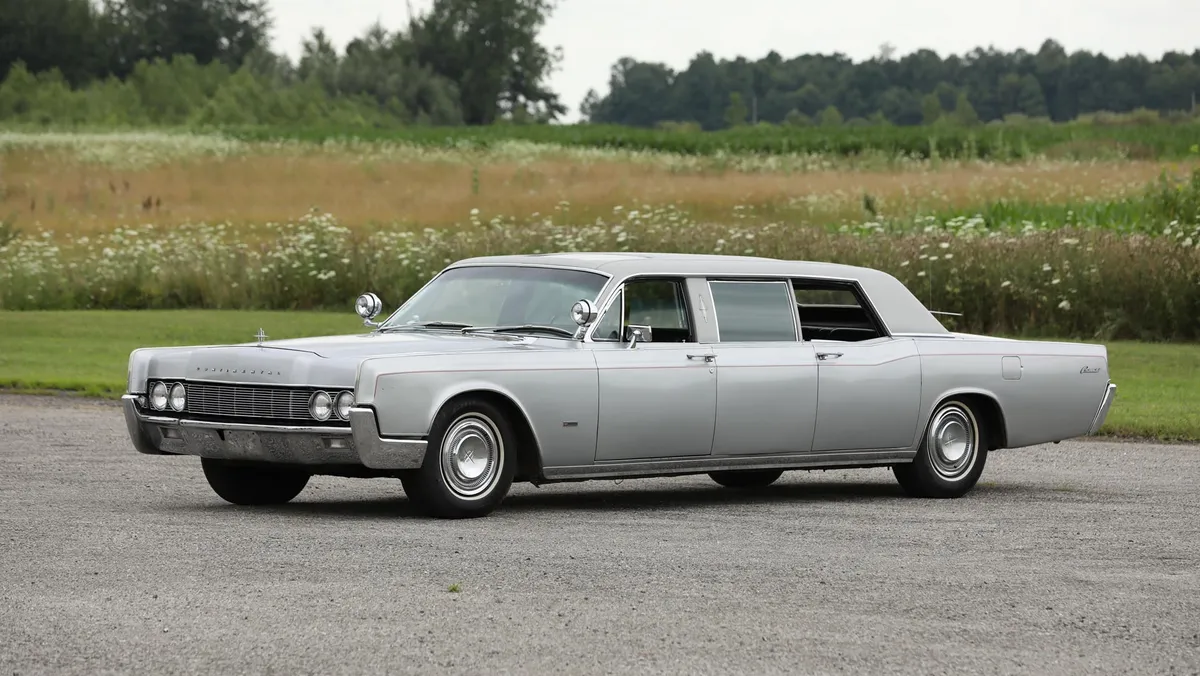
Nixon switched from an Oldsmobile to a 1967 Lincoln limousine with futuristic features like a radiotelephone and headset jacks for the Secret Service. The limo was bulletproof, could drive 50 mph with flat tires, and was leased from Ford for just one dollar per year.
The Car That Saved Two Presidents
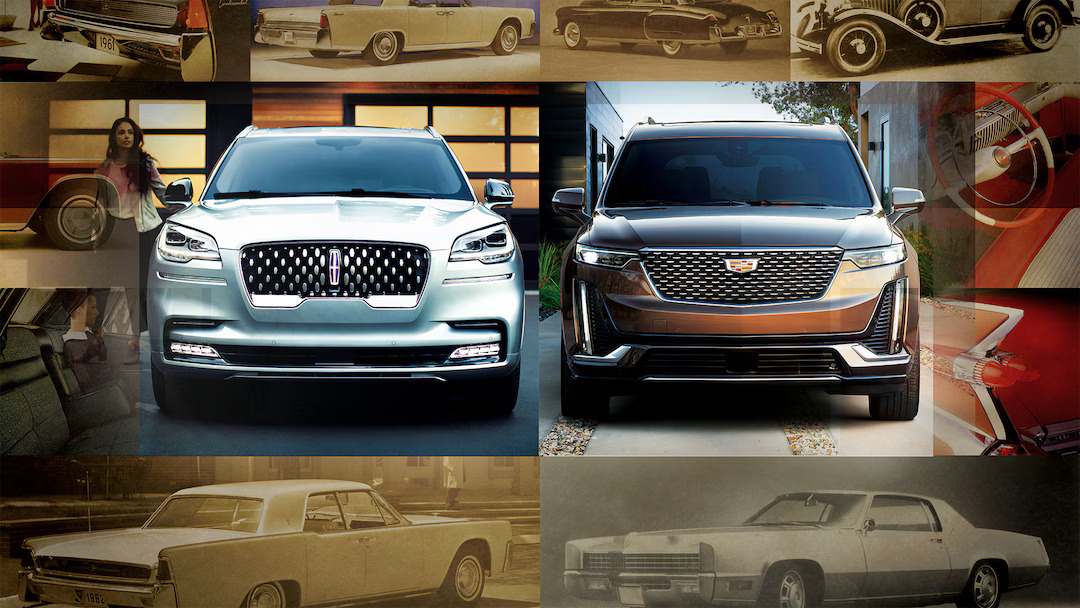
The 1972 Lincoln Continental, weighing 13,000 pounds and fully armored, became the presidential limo in 1974. It survived two assassination attempts: one on Gerald Ford in 1975 and another on Ronald Reagan in 1981. It was the last limo with a roof opening; all later models were fully enclosed.
Cadillac Ends the Lincoln Streak
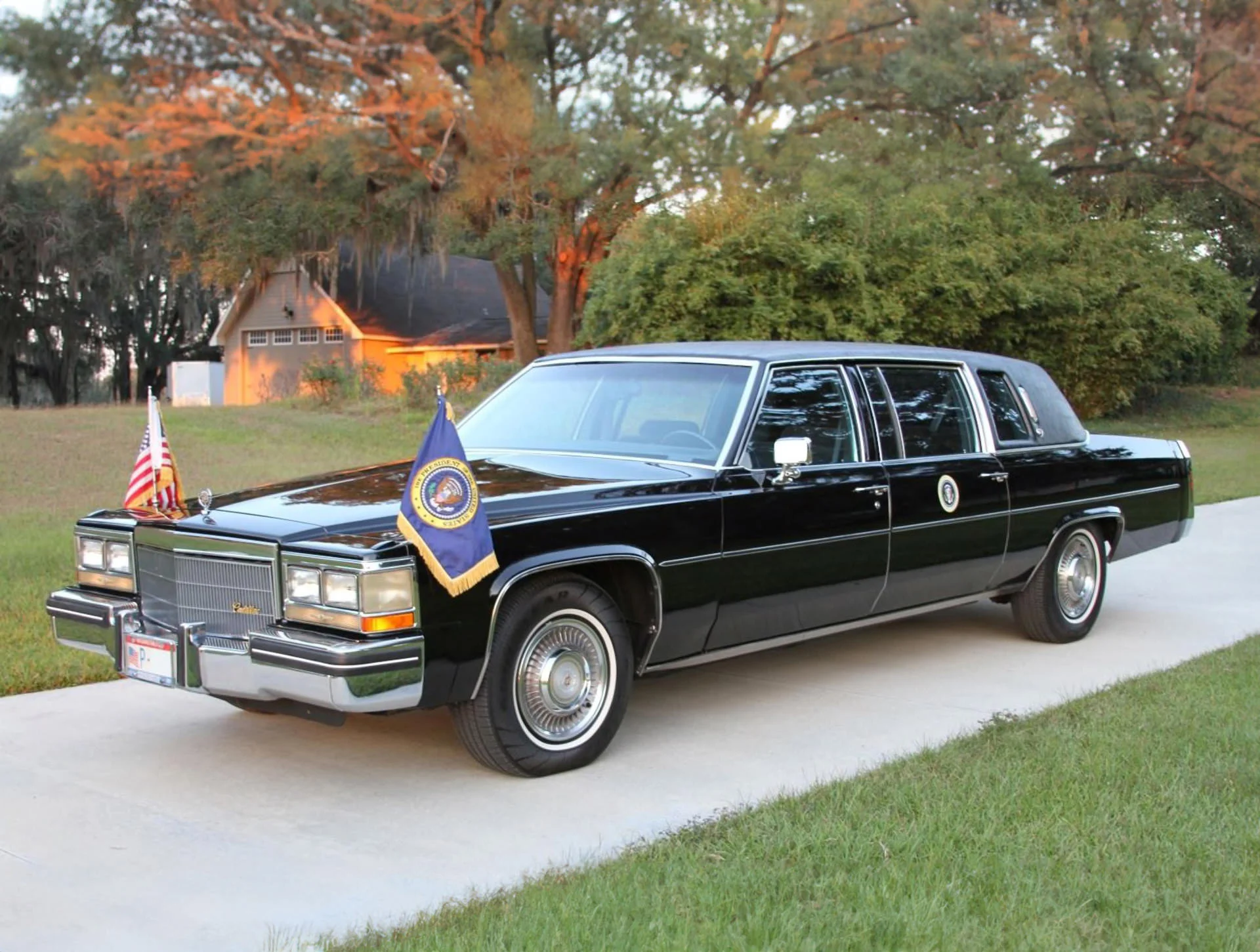
In 1984, President Reagan switched to the Cadillac Fleetwood as his presidential limo. With minimal modifications in size, the armored vehicle featured large rear windows and two-inch thick glass for added protection. An urban legend claims the limo appeared in In the Line of Fire (1993), but it was actually a replica due to security concerns.
George W. Bush's Cadillac "Deville"
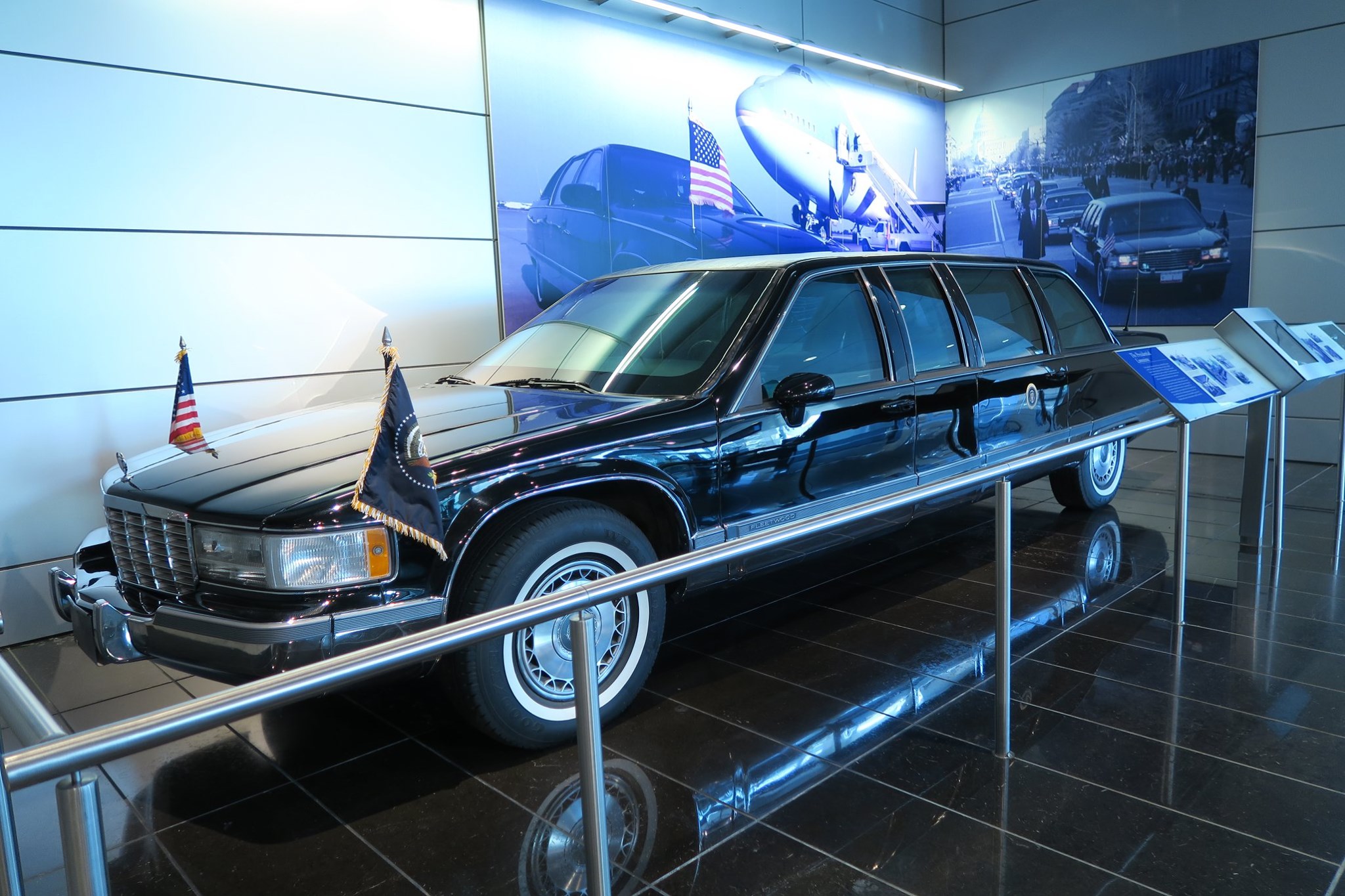
Bill Clinton's presidential limo was a Cadillac Fleetwood, but Cadillac struggled to meet Secret Service needs by the turn of the century. Due to frequent mechanical issues from increased armor weight, they built a new limo on an SUV chassis, featuring rear massage seats, a 10-disc CD changer, and weighing 14,000 pounds. This new ride earned the nickname "The Beast."
The New, Improved Beast
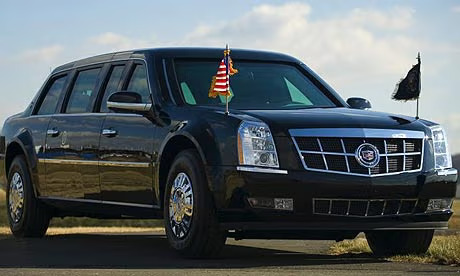
President Obama’s 2009 inauguration introduced a new presidential limo, the second-generation "Beast." Based on a GMC Topkick chassis, it weighs about 15,000 pounds and has a fuel economy of 3.7 mpg. The limo is bulletproof with five-inch-thick glass, resistant to grenades, bombs, and chemical attacks, and includes cell phone jammers and an independent oxygen supply for safety.
When a Limo's Service Days are Done
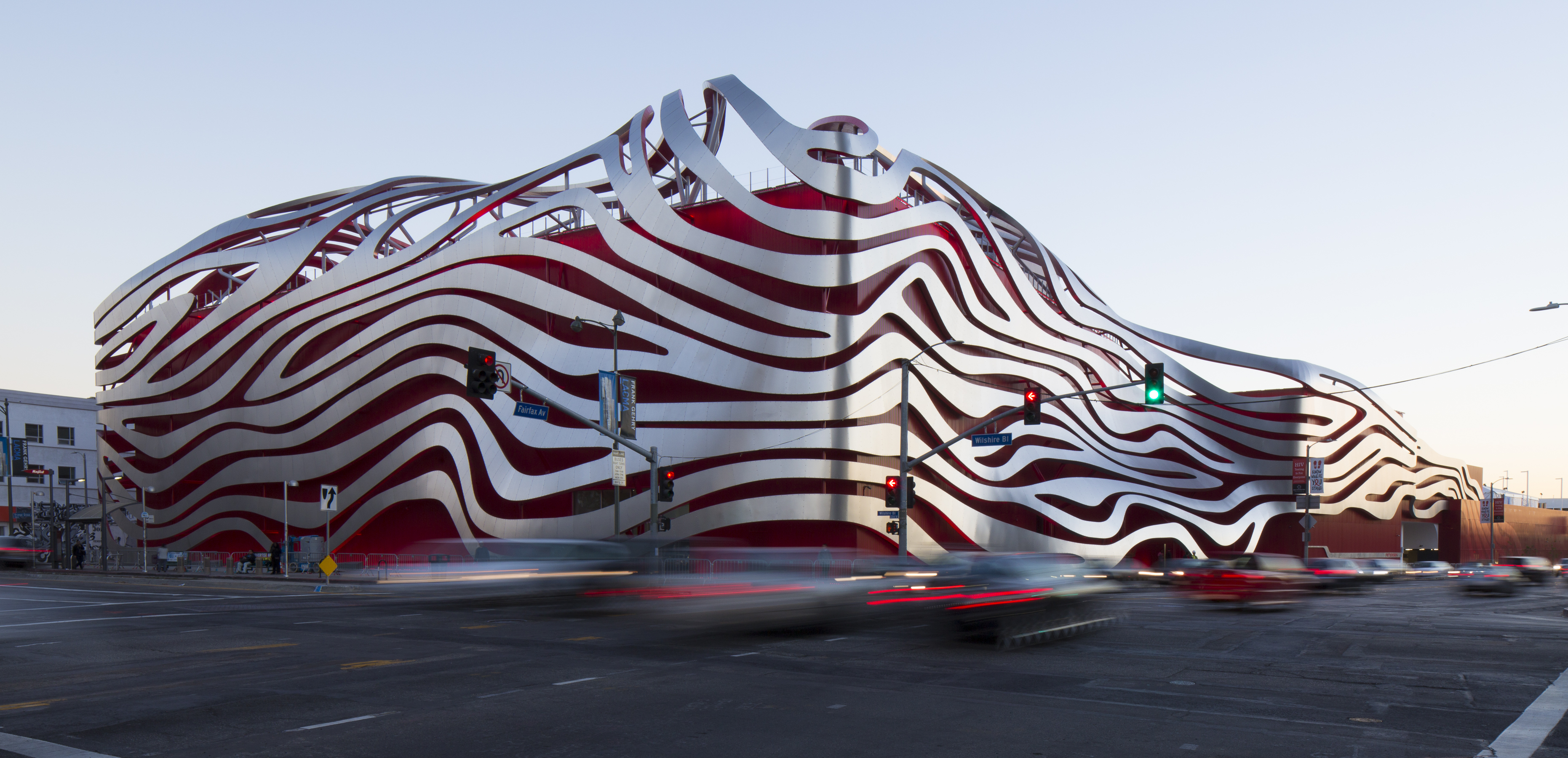
Early presidential limousines are displayed in museums, including FDR, Eisenhower, and Nixon's cars at the Petersen Museum and Kennedy's X-100 at the Henry Ford Museum. Modern limos, like Clinton's, remain highly secured, with many older vehicles destroyed when retired.

